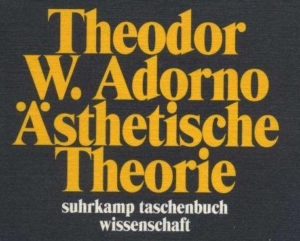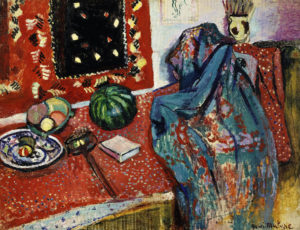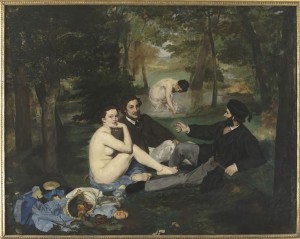
Adorno, Aesthetic Negativity, and the Problem of Idealism
It is at this point that, because of this negative dependence on Hegel, it matters a great deal that Adorno has misidentified the heart and soul of Hegel’s Absolute Idealism.

It is at this point that, because of this negative dependence on Hegel, it matters a great deal that Adorno has misidentified the heart and soul of Hegel’s Absolute Idealism.

The question I promised to pose in this essay was whether we have an art—a nineteenth- or early-twentieth-century art—to which Hegel’s descriptions of world and consciousness can be seen to apply. I seem to be saying that they only apply, in the art I take seriously, in the negative—they are what French painting is out to annihilate. But for Hegel’s view of things to be worth refuting in this way—with Matisse’s special vehemence—surely in the first place there must have been pictures that exemplified it strongly, beautifully. And yes, there were.

In one of his last interviews Michel Foucault famously said “As far as I’m concerned, Marx doesn’t exist.” What he meant was that “Marx” as an author was something largely fabricated from concepts borrowed from the eighteenth century, in particular the writings of David Ricardo. From Ricardo he derived his most crucial idea: the labor theory of value. As Clune explains, neoliberalism has made that theory obsolete and with it, Marxist analysis. For Foucault there were several Marxisms in Marx.

Whatever previous ages might have fancied, we are wise enough to know that the work of art is a commodity like any other. Chances are that we don’t have any very clear idea what we mean by that. Marx, however, does.

The dimension of a free life that Hegel is interested in has not, by virtue of these critiques, been superseded or gone away, unless we have some way of understanding what it would be to actually acknowledge such a departure in life. The postmodernist critique of subjectivity is “overdone” to the extent that it leaves us with no concrete way to understand what the actual position of subjectivity should look like to an agent.